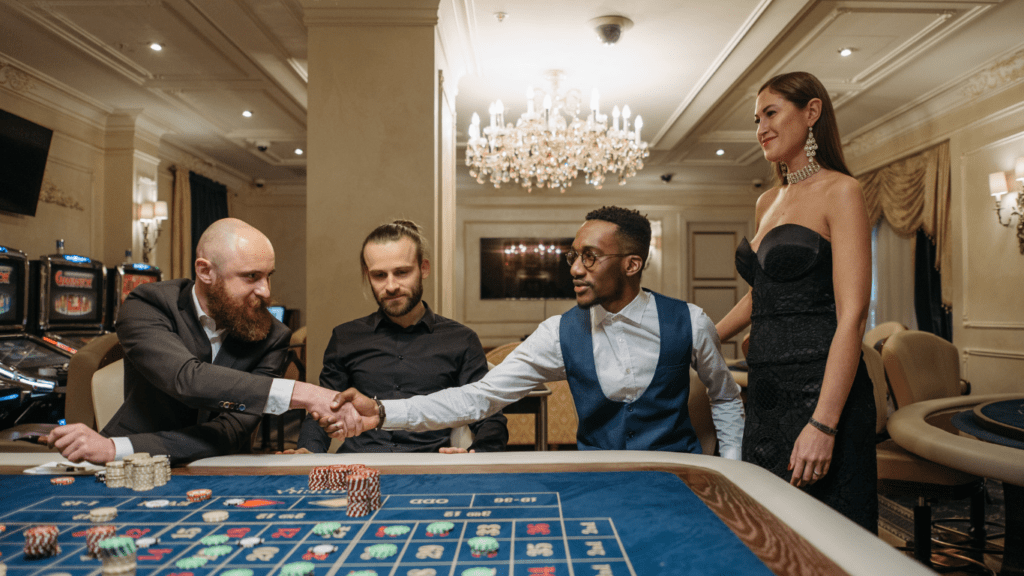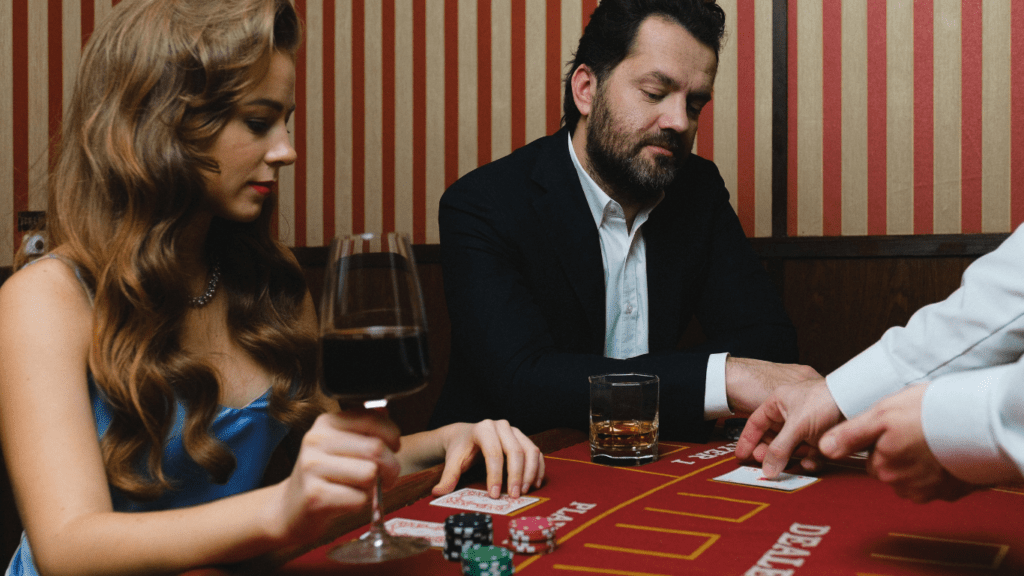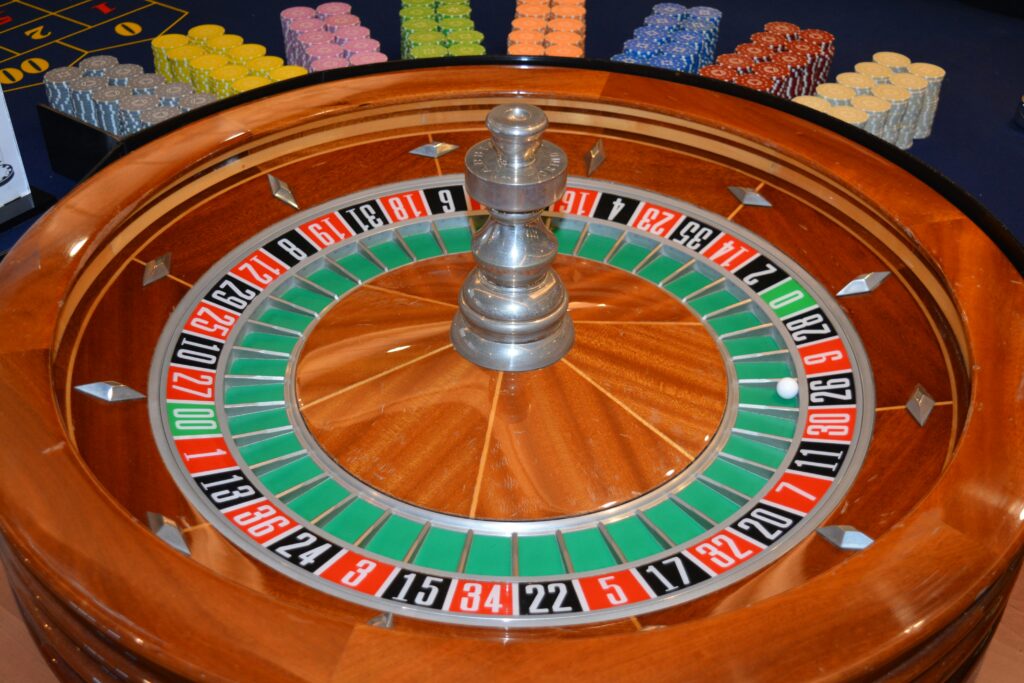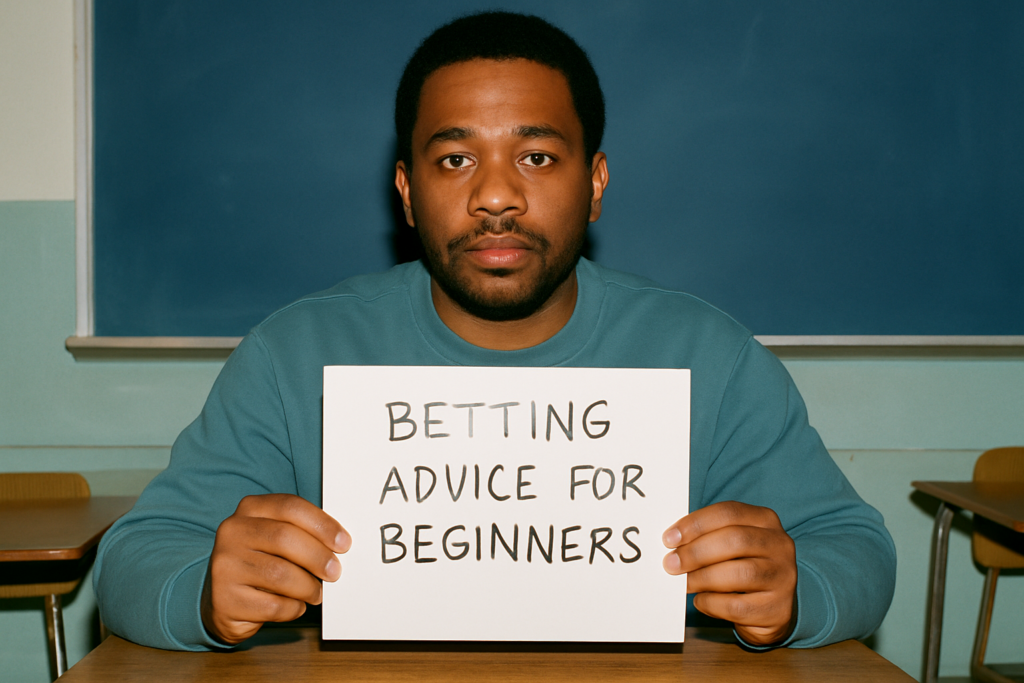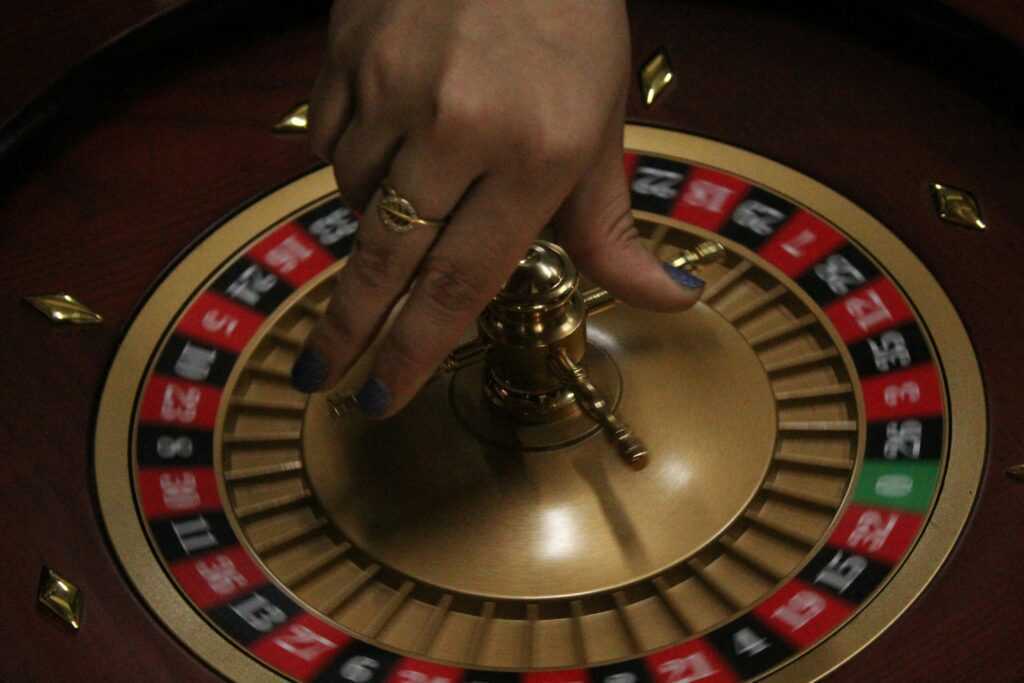Understanding Gambling Addiction
Gambling addiction, or compulsive gambling, affects millions in the U.S. The National Council on Problem Gambling (NCPG) reports that around 2 million Americans meet the criteria for severe gambling problems. It’s critical to recognize the signs early.
Common Signs of Gambling Addiction
- Preoccupation with Gambling
Obsessively thinking about gambling activities or past experiences, often at the expense of daily responsibilities. - Increasing Bets to Achieve Excitement
Continuously raising the stakes to recreate the initial thrill, similar to drug tolerance in substance abuse. - Chasing Losses
Attempting to win back lost money, which often leads to further losses and deeper financial trouble. - Lying About Gambling
Deceiving loved ones or colleagues about the extent of gambling involvement to hide its impact. - Neglecting Responsibilities
Ignoring work, family, or personal obligations due to time consumed by gambling activities.
Psychological and Physical Effects
Psychological effects of gambling addiction include anxiety, depression, and irritability. These conditions can exacerbate gambling behavior, creating a vicious cycle. Physical effects might include insomnia, migraines, and digestive problems due to chronic stress.
Why People Develop Gambling Addiction
- Emotional Escape
Using gambling as a way to escape stress, depression, or other emotional pain. - Social Pressures
Peer pressure or societal influences can push someone toward gambling more frequently. - Financial Motivation
Belief they can ‘win big’ and solve their financial issues, leading to repetitive gambling attempts.
Seeking Help
Recognizing the need for help is crucial. Resources include:
- National Helplines
Services like the NCPG’s hotline offer confidential support and counseling. - Support Groups
Gamblers Anonymous (GA) provides a supportive peer environment to share experiences and strategies. - Therapy
Cognitive-behavioral therapy (CBT) helps individuals understand the triggers and develop coping strategies.
Understanding gambling addiction helps me make informed choices and stay in control for a safer, enjoyable gambling experience.
Establishing Personal Boundaries

Responsible gambling means setting clear personal boundaries to protect your well-being. It’s crucial to define monetary and temporal limits to stay in control.
Setting Financial Limits
Allocating specific funds for gambling is essential. Directly establish a gambling budget separate from other finances. For example, if my monthly entertainment budget is $200, I’ll decide on a portion to dedicate to gambling, say $50. This ensures I don’t dip into essential expenses. Additionally, using only cash helps avoid overspending.
Time Management
Designating specific timeframes for gambling activities helps maintain balance. Example: I set a timer for 2 hours on a weekend, knowing this keeps me from excessive play. By treating gambling as a scheduled activity, I prevent it from encroaching on other commitments. Balancing playtime with daily responsibilities ensures a healthier relationship with gambling.
Choosing the Right Games
Selecting the right games is crucial in maintaining control while gambling. Understanding odds and balancing risk play vital roles in making informed decisions.
Assessing Your Odds
Knowing the odds of games helps me make better decisions. Different games offer varying payouts and probabilities. For instance, blackjack generally features a lower house edge compared to other games like slot machines, which often have higher house edges. By focusing on games with better odds, I increase my chances of winning, thus staying in control of my gambling activities.
Balancing Risk and Reward
Balancing risk and reward ensures that I do not overspend or lose more than I can afford. High-risk games can offer large payouts but come with significant potential losses. Low-risk games, on the other hand, provide smaller yet more consistent rewards. For example, roulette offers options to bet on single numbers for high rewards or on colors for safer, smaller gains. By assessing the risk and reward balance, I can choose games aligning with my financial limits and risk tolerance.
Developing Healthy Habits
Maintaining control in gambling requires the establishment of healthy habits. Key habits like taking regular breaks and staying aware of emotional triggers promote sustainable and responsible gaming.
Taking Regular Breaks
Frequent breaks are essential for maintaining clarity and focus. When I gamble, I make it a point to pause every 30 minutes. These breaks help clear my mind and re-evaluate my strategy. Without regular intervals, it’s easy to lose track of time and make impulsive decisions. Short respites also prevent gambling from becoming an overwhelming and continuous activity. For instance, scheduling 10-minute breaks every hour can significantly reduce the chances of fatigue and ensure I stay in control.
Staying Aware of Emotional Triggers
Recognizing emotional triggers is vital for responsible gambling. Stress, anger, and excitement can cloud judgment and lead to risky bets. I monitor my emotional state by noting changes in behavior and feelings. If I notice I’m gambling to escape negative emotions, I step back to reassess my reasons for gambling. Keeping a journal to track moods and gambling sessions can provide insights into patterns and help in making informed decisions. For example, if playing slots after a rough day at work often leads to higher stakes, I consciously avoid gambling in those emotional states.
Utilizing Support Systems
Effectively using support systems is vital for staying in control of gambling habits. These resources offer essential aid and guidance.
Seeking Professional Help
Professional help provides specialized support for individuals struggling with gambling issues. Therapists trained in addiction can offer strategies and coping mechanisms. Cognitive-behavioral therapy (CBT), for example, helps change unhealthy gambling behaviors. According to the American Psychological Association (APA), CBT has a high success rate in treating gambling addictions. I always encourage seeking professional help early, before gambling habits escalate.
Engaging with Community Resources
Community resources foster a sense of belonging and offer practical assistance. Groups like Gamblers Anonymous (GA) provide companionship and shared experiences. GA meetings let members share their struggles and successes, creating a supportive environment. Additionally, online forums connect individuals globally, facilitating resource sharing and mutual encouragement. Using these connections can significantly improve one’s ability to maintain control over their gambling activities.

